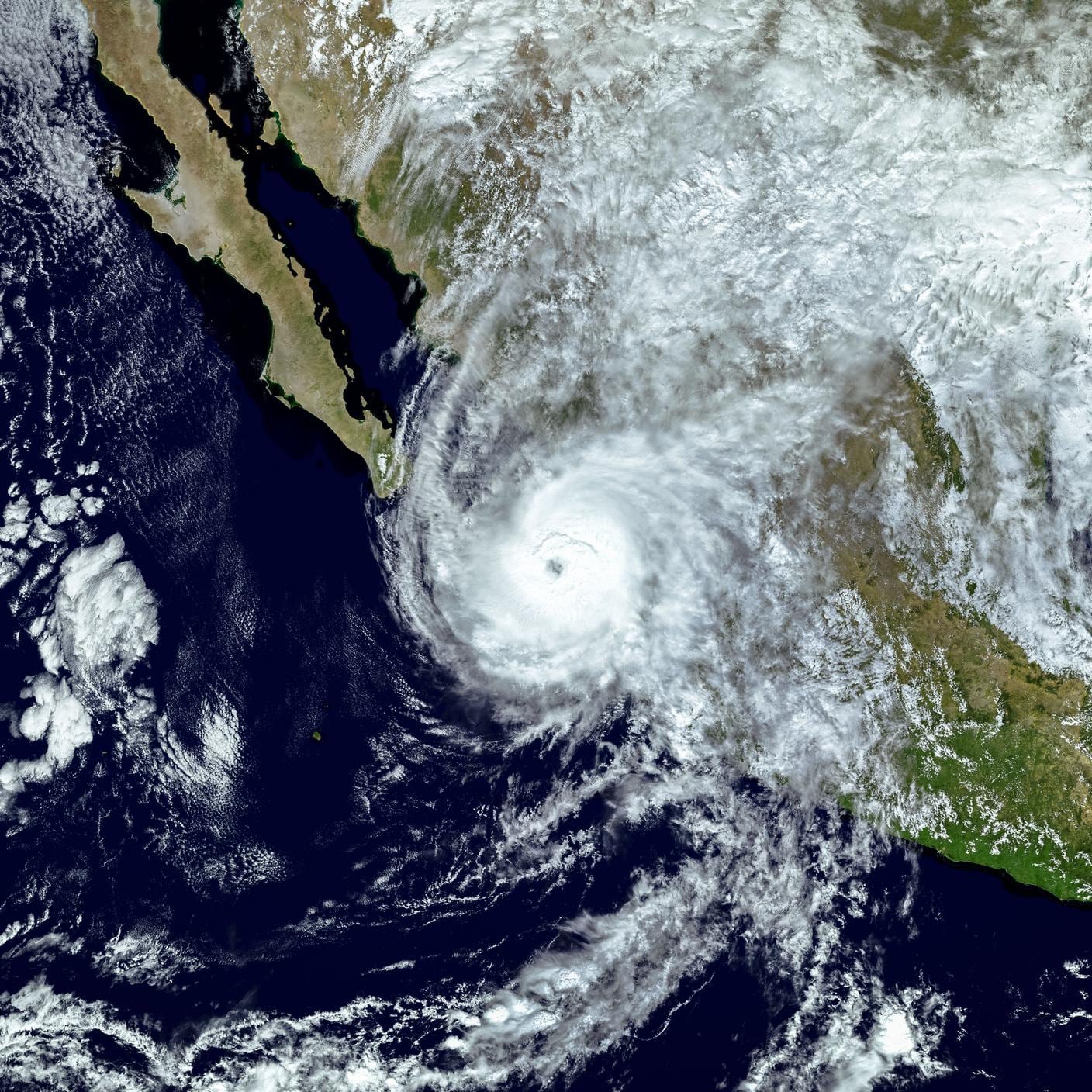Companies worldwide are realizing that embracing sustainability is not just a matter of compliance; it's about securing long-term success. One of the most influential frameworks leading this transition is the Task Force on Climate-related Financial Disclosures (TCFD).
Urgency of climate change
Climate change is the defining challenge of our time. Its impact on the environment, society, and the global economy is undeniable. Extreme weather events, resource scarcity, and regulatory changes are reshaping the business landscape while investors, customers, and stakeholders increasingly demand that companies take responsibility for their environmental footprint.
Understanding the TCFD
The TCFD was established in 2015 by the Financial Stability Board (FSB), a global body that monitors and makes recommendations about the global financial system. The TCFD developed a framework to help organizations assess and disclose their climate-related financial risks and opportunities. It recommends four pillars of disclosure:
- Governance: Describe the organization's governance around climate-related risks and opportunities.
- Strategy: Explain how climate-related risks and opportunities are integrated into the organization's overall strategy.
- Risk management: Identify the processes used to assess and manage climate-related risks.
- Metrics and targets: Disclose the metrics and targets used to assess and manage relevant climate-related risks and opportunities.
Risk management efforts
By following the TCFD framework recommendations, stakeholders can gain a clearer understanding of a company's climate-related risks and opportunities, including:
- Enhanced resilience: Climate change poses significant risks to businesses, from physical impacts such as extreme weather events to transition risks like regulatory changes and shifts in consumer preferences. By adopting the TCFD framework, companies can identify these risks early and develop strategies to mitigate them. This not only enhances their resilience but also protects their bottom line.
- Improved access to capital: Investors are increasingly integrating environmental, social, and governance (ESG) factors into their investment decisions. Companies that disclose climate-related information in line with TCFD recommendations are better positioned to attract capital from sustainability-focused investors. This can lower the cost of capital and increase access to funding for sustainable initiatives.
- Strengthened reputation: Transparency and accountability are key drivers of trust in the modern business world. By disclosing climate-related information, companies demonstrate their commitment to sustainability and responsible business practices. This can enhance their reputation among customers, employees, and other stakeholders, leading to increased brand loyalty.
- Regulatory compliance: Governments around the world are tightening regulations related to climate disclosure. By aligning with the TCFD framework, companies can stay ahead of regulatory changes and ensure compliance. This proactive approach not only reduces legal and compliance risks but also positions companies as responsible corporate citizens.
- Innovation and competitive advantage: Sustainability is a driver of innovation. Companies that embrace sustainability are often more agile and adaptable, leading to the development of new products, services, and business models. This can provide a competitive edge in a rapidly evolving market.
- Long-term value creation: Ultimately, companies that integrate sustainability into their core business strategies are better equipped to create long-term value for their shareholders, employees, and society at large. The TCFD framework provides a roadmap for aligning business objectives with the goals of a sustainable future.
Why it matters
As we approach 2024, the TCFD disclosure framework is becoming the preferred choice for climate reporting among both private-sector companies and government regulators. It has gained widespread recognition and is endorsed by G20 governments and major investor networks such as Climate Action 100+, which oversee trillions of dollars in assets.
Many countries, including the United States, Canada, the European Union (EU), United Kingdom, Switzerland, Brazil, Singapore, Hong Kong, New Zealand, and Japan, have already adopted or are in the process of adopting TCFD-aligned reporting mandates.
Additionally, the TCFD recommendations are becoming increasingly incorporated into global climate disclosure regulations, including standards like:
- the International Financial Reporting Standards (IFRS) S1 and S2,
- the International Sustainability Standards Board (ISSB),
- the EU's Corporate Sustainability Reporting Directive (CSRD), which is overseen by the European Financial Reporting Advisory Group (EFRAG),
- and proposed regulations by the Securities and Exchange Commission (SEC) in the US.
As a result, thousands of companies will soon be required to disclose climate-related information as the TCFD is adopted globally.
Follow along with more sustainability-focused content and other digital trust, EHS, and supply chain topics that should be at the top of your list at BSI’s Experts Corner.







